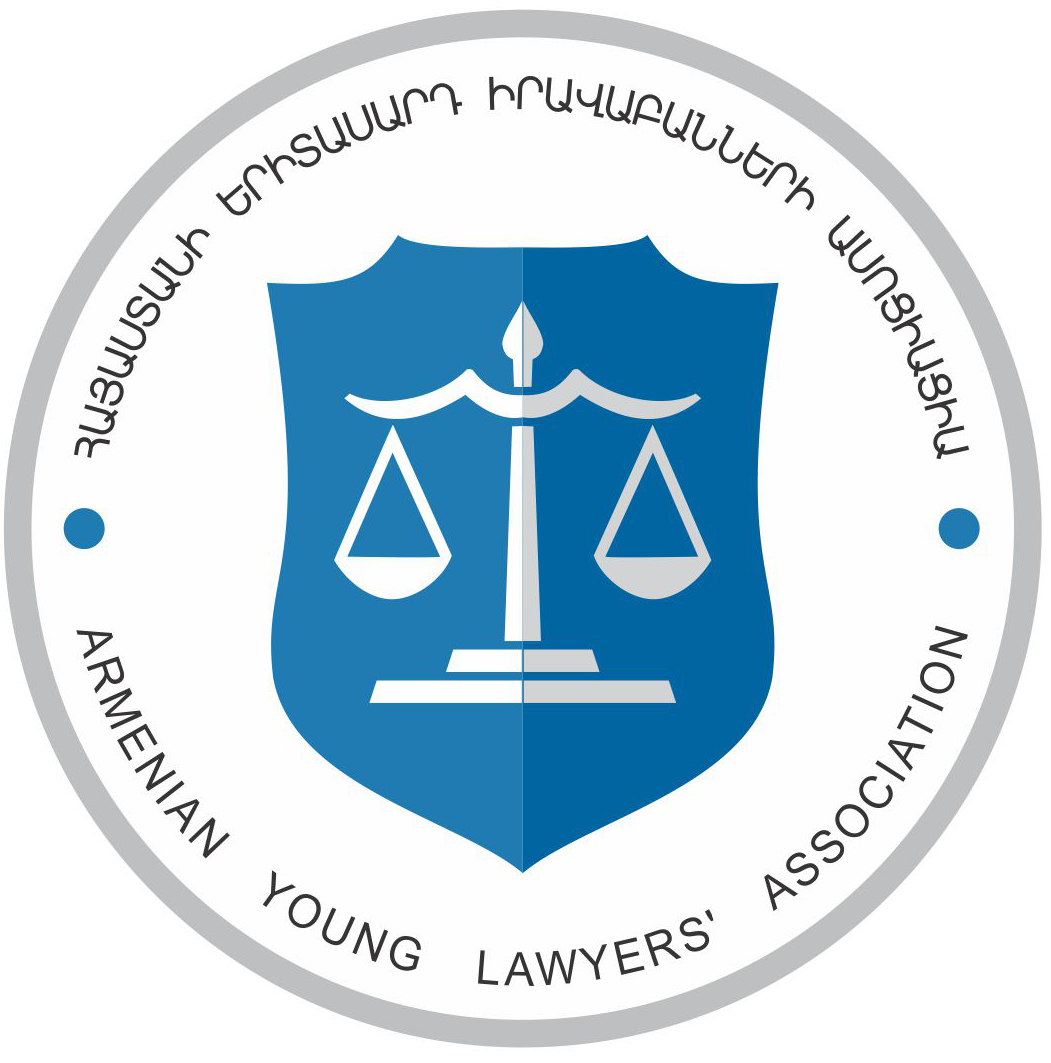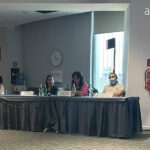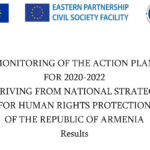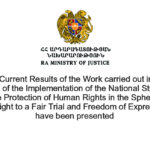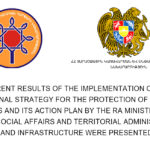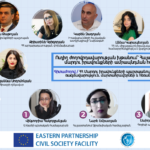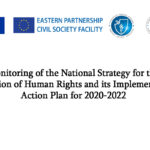Ensuring Equal Rights and Equal Opportunities: Priority Directions
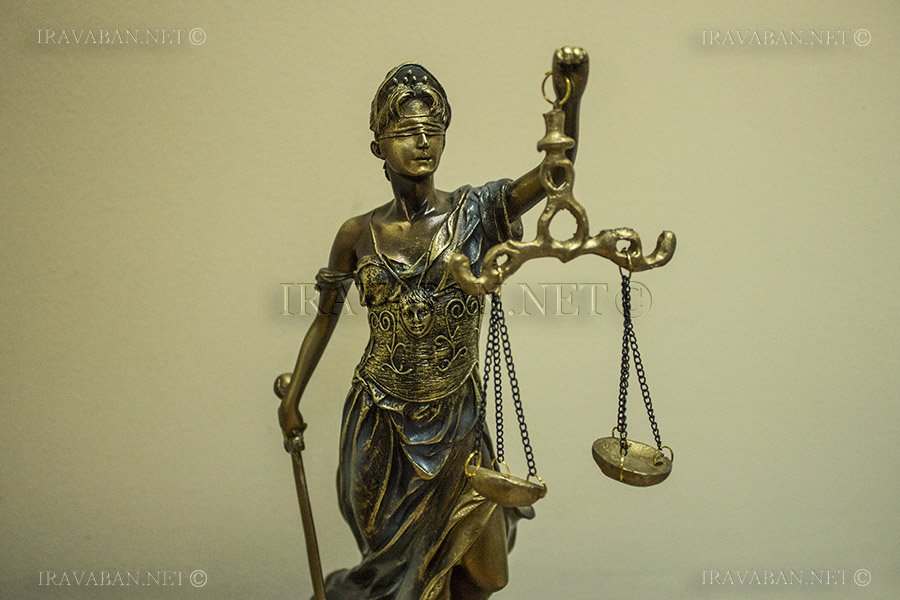
The Constitution of the Republic of Armenia enshrines the general equality before the law, the equality of women and men, and the prohibition of discrimination closely related to them.
According to Article 29 of the Constitution of the Republic of Armenia, discrimination based on sex, race, skin color, ethnic or social origin, genetic features, language, religion, world view, political or other views, belonging to a national minority, property status, birth, disability, age, or other 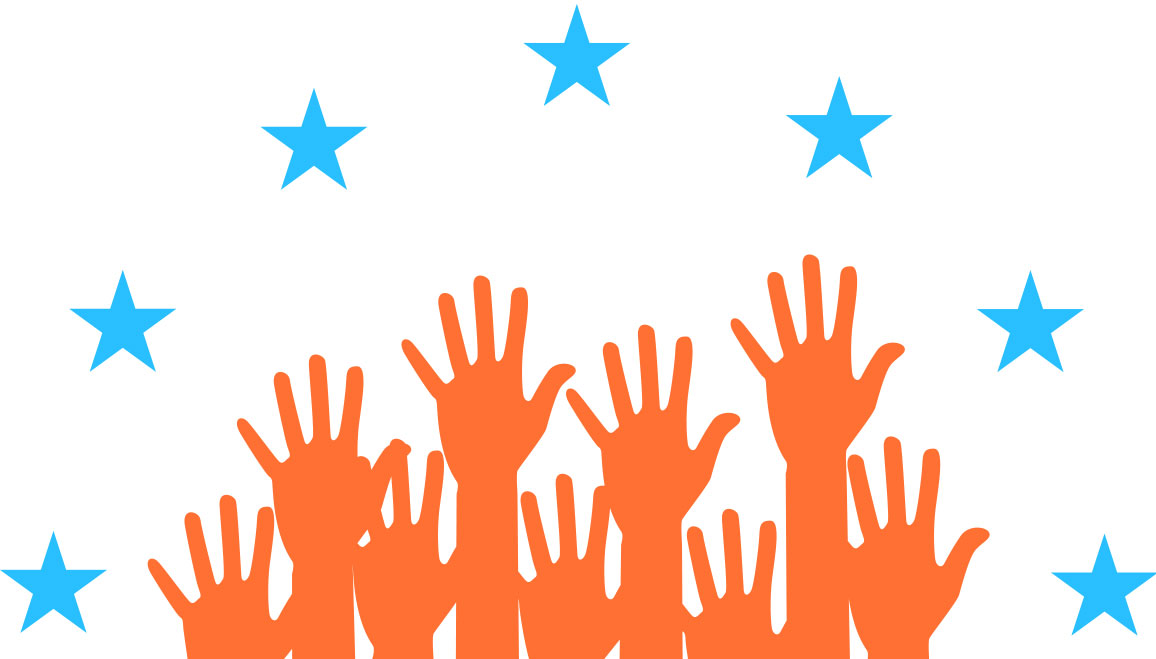 personal or social circumstances shall be prohibited.
personal or social circumstances shall be prohibited.
One of the most important tasks of our state is to guarantee equality and the prohibition of discrimination, which is why the action plans for 2014-2016 and 2017-2019 provided for the adoption of relevant legislative acts and the implementation of their provisions. Accordingly, the issue of creating legislative guarantees for ensuring equality and their effective application continues to be of paramount importance for the Republic of Armenia. In particular, the issues of equality between women and men, the social inclusion of people with disabilities.
Ensuring the legal capacity and capacity of persons with intellectual disabilities, as well as mental disabilities, is the most priority issue in the field of equal rights and equal opportunities, in particular, the inclusion of persons belonging to that group in all decision-making processes related to them. Armenian law does not currently provide for decision-making or individual deprivation of employment for persons with mental or psychosocial disabilities.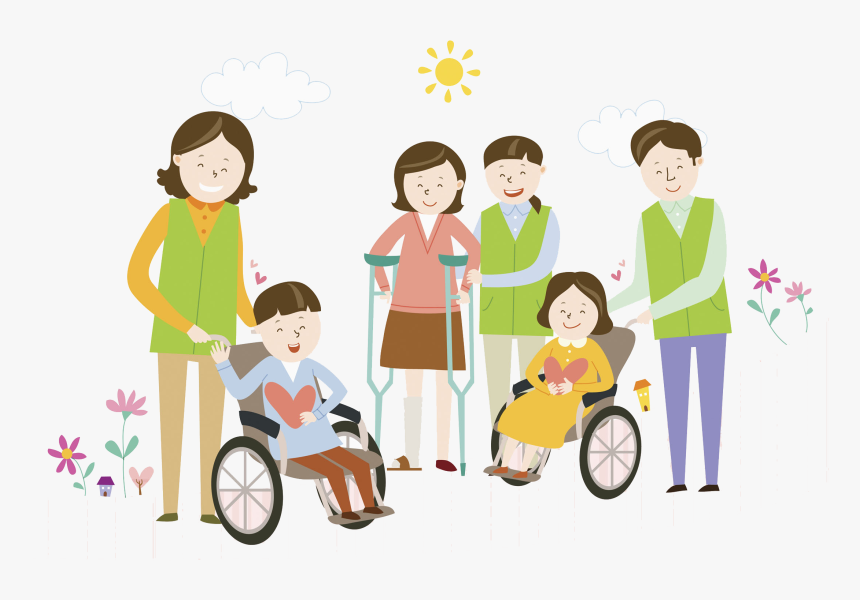
Thus, the current legislation allows to deprive people with mental and intellectual disabilities of their active legal capacity, and there are no decision-making systems that would allow a person with a disability to fully enjoy their right to independent life and life in community.
In order to solve the problem comprehensively, it is necessary to develop and implement appropriate legal structures in accordance with international standards, which will allow to terminate full custody at the legislative level and transition from the decision-making model instead of a person to the supported own decision making model for the persons with mental health problems, including those with intellectual disabilities, and to ensure its practical application through the training of law enforcement agencies, judges, as well as social workers.
In order to solve these problems, the following 10 measures are envisaged in the 2020-2022 action plans:
- Legislatively define the concept of discrimination, types, means of protection from it, mechanisms, guarantees of the formation of the body dealing with equality issues, activities in accordance with international standards.
- Carry out trainings on equality and prohibition of discrimination (training among police officers, investigators, prosecutors, judges, medical workers, social workers, education workers).
- Raise awareness about equality, the prohibition of discrimination on all grounds.
- Establish responsibility for hate speech in accordance with international standards.
- Carrying out work aimed at ratification of the 2006 UN “Convention on the Rights of Persons with Disabilities” and its Optional Protocol.
- Raise awareness related to the hate speech.
- Legislatively establish guarantees for the protection and social inclusion of the rights of persons with disabilities.
- Define the rules for medical care and services for people with disabilities.
- Ensure the participation of people with mental and physical disabilities in all decision-making processes concerning to them.
- Encourage the involvement of women in the Armed Forces.
Ensuring equality as a priority and the actions պռօվիդեդ under it are aimed at achieving the UN Sustainable Development Goals No. 5 and 16.B.
This publication has been produced in the scope of the “Promoting Direct Democracy for Strengthening Human Rights in Armenia” project implemented in the framework of the “Eastern Partnership Civil Society Facility” project funded by the European Union
The contents of this publication are the sole responsibility of the fellow for the “Promoting Direct Democracy for Strengthening of Human Rights in Armenia” project and do not necessarily reflect the opinion of the European Union.
